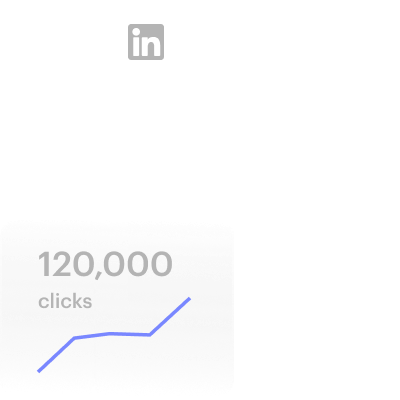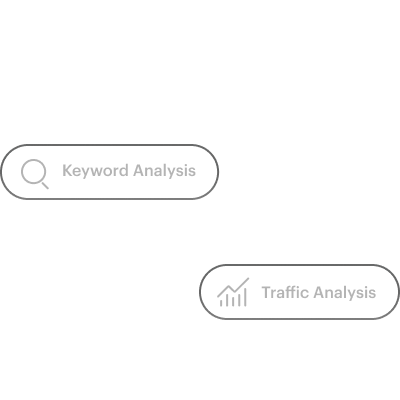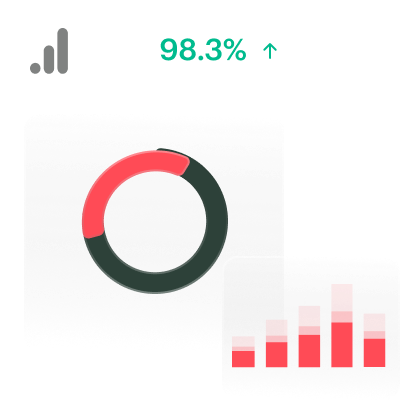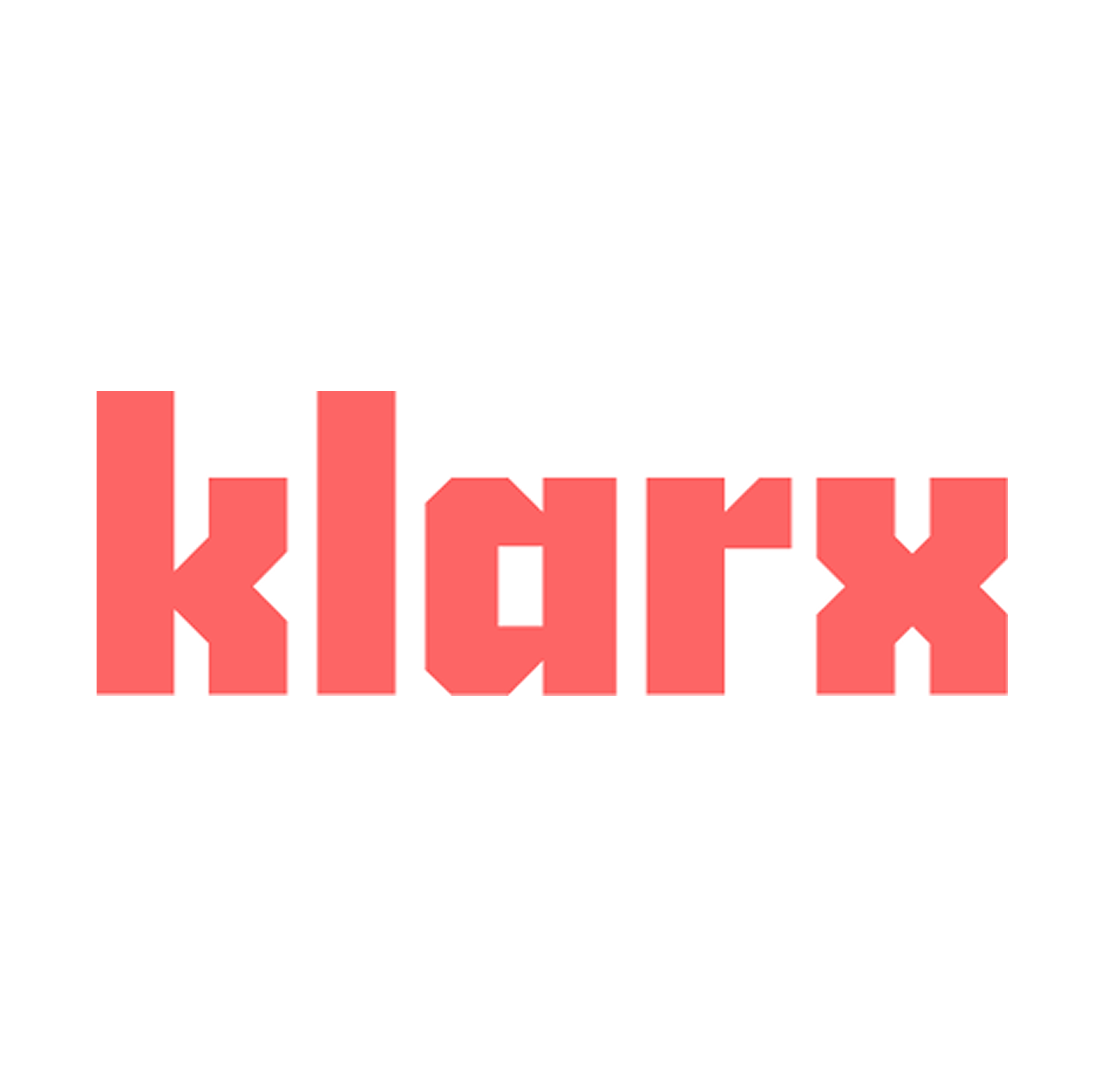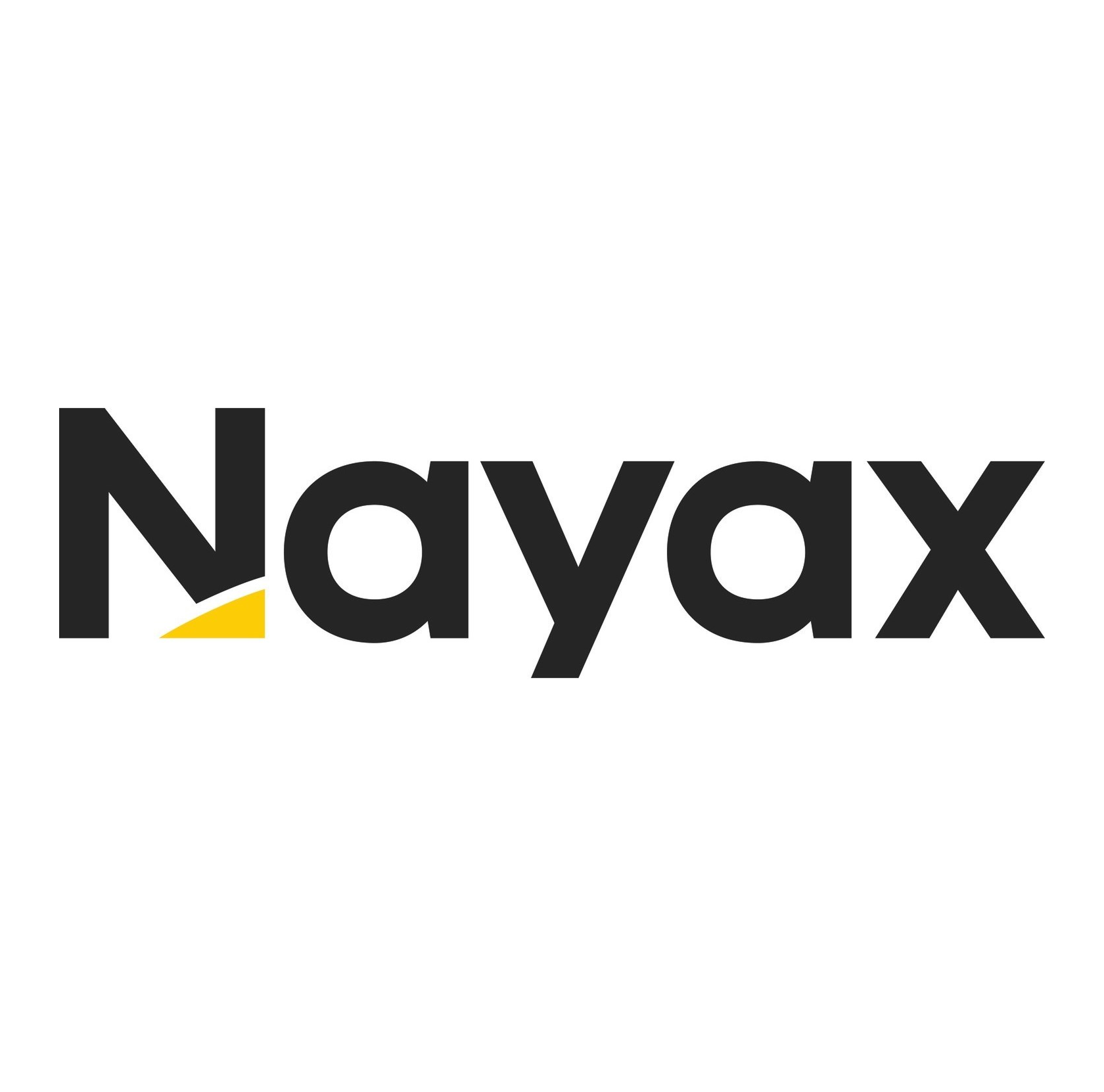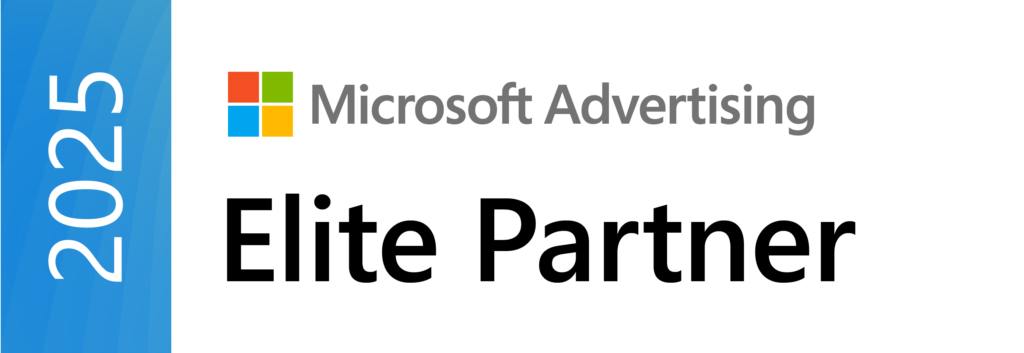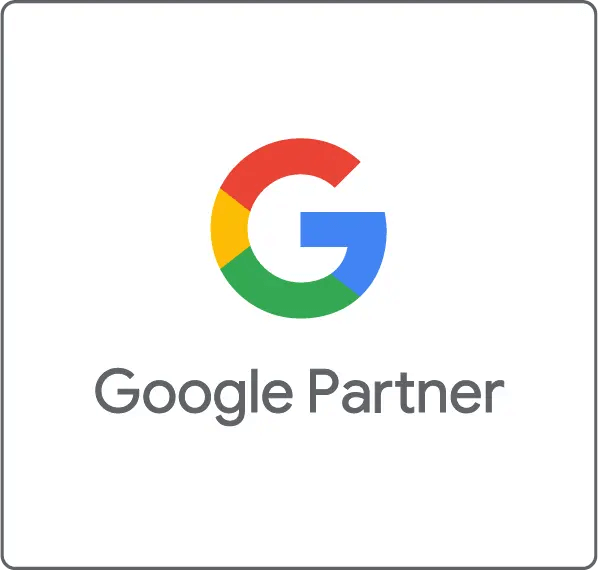The HR and recruiting industry is in flux as work culture and technology evolve. Business models are shifting with the rise of remote work and the gig economy – many recruiters now cast global nets for talent and some offer flexible staffing solutions beyond traditional full-time placement. A persistent external challenge is the talent shortage in specialized fields, coupled with high competition for skilled employees; this puts pressure on companies to improve their employer branding and candidate experience. Technological innovation in HR is significant: AI-driven tools now assist in screening resumes, scheduling interviews, and even gauging candidate fit (though companies must be mindful of bias and new regulations around these tools). The use of data analytics in HR (people analytics) helps employers identify trends in retention and hiring needs. Digital marketing has become essential in recruiting: most job seekers research employers online, and about four in five job seekers will read company reviews or ratings before applying . Thus, managing a company’s online reputation on sites like Glassdoor and LinkedIn is crucial. Social media is also heavily used for recruitment – LinkedIn remains a key platform for professional outreach, while employers share culture content on Instagram or TikTok to appeal to younger talent. Additionally, targeted advertising (e.g., LinkedIn or Facebook job ads) allows recruiters to reach niche candidate pools. In sum, finding and attracting talent now requires both sophisticated tools and authentic marketing that highlights why an organization is a great place to work.

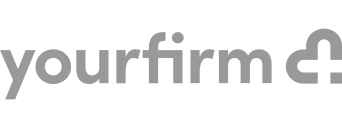





.png)
